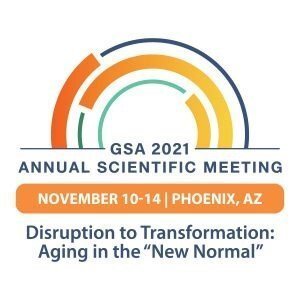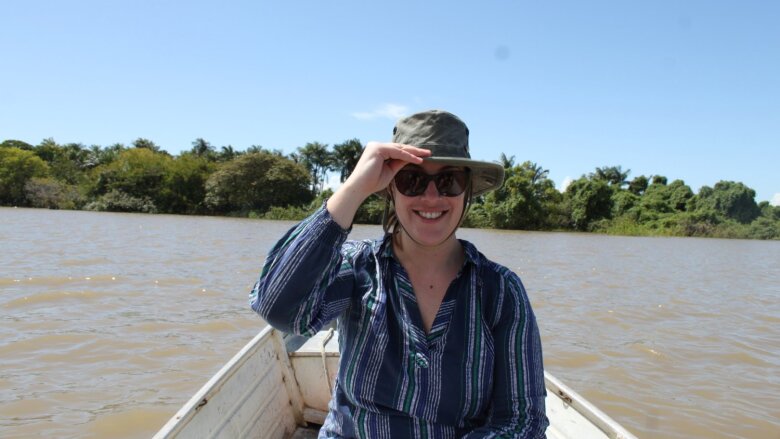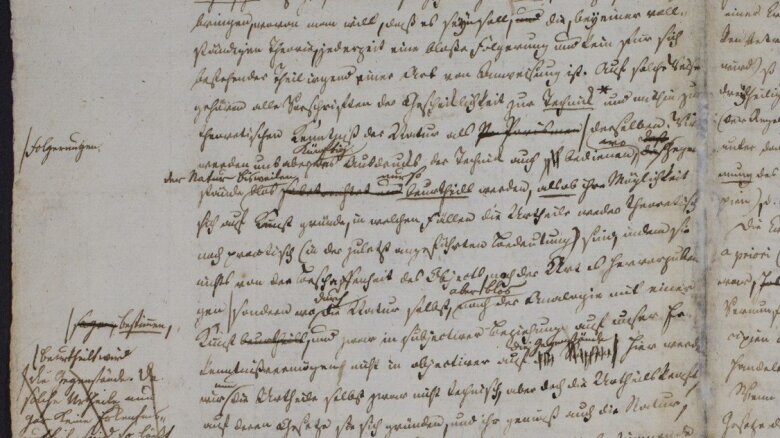
Honours Mentoring
Mentor and mentee
Image: istockphotos.com/sturtiTo participate in the Honours Programme, students are asked to apply in a tandem with a professor or postdoc. Upon successful application, the selected students will be supervised by the researcher with whom they have applied in tandem. The University invites professors and advanced postdoctoral researchers to opt for supervising talented students. Depending on the research culture, the supervision may comprise a small individual research or publication project, or the responsibility for a subsection of a joint research project; it may also be combined with participating in graduate programmes, advanced seminars or doctoral colloquia as well as with participations in congresses and conferences.
The mentoring in the Honours Programme is based on these guidelines [pdf, 1 mb]External link.
Honours Workshops
Workshop
Image: Jan-Peter Kasper (University of Jena)The Graduate Academy offers several workshops and other events to the selected students. These events will focus on certain topics beyond the standard contents of study programmes. Among others, there will be workshops on scientific writing and presentation, on good scientific practice, on the philosophy of science and research ethics and, last but not least, on the very first career steps as a researcher. In taking part in these workshops, the participants will be able to train research-related key qualifications at an early stage of their studies as well as reflect on their own research and their experience of the research culture. Through these workshops, as well as through regular networking events, the University also seeks to encourage the interdisciplinary exchange of the selected students, and strengthen their sense of belonging to the scientific community.
Honours Funds
Growth through financial support
Image: unsplash.com/Micheile HendersonThe funds should support those activities of the selected students which are not directly related to the requirements in their studies but to their research project, for example, travel expenses when taking part in congresses, or other material costs of up to €1,000 per year.
In addition, also initiatives of the selected students may be funded, for example, so that the recipients may be able to invite visiting lecturers to the University or organize their own student research congresses.
For example, Honours students used the funds for ...
Examples for what Honours students used the funds for:
-
participating in international congress
Together with their Honours mentor Dr. Jennifer Bellingtier, Lena-Emilia Schenker and Jenny Jaquet presented their findings from two studies on ageism at the 2021 Annual Meeting of the Gerontological Society of America. Due to the pandemic, the conference was not held in Phoenix, Arizona this year, but in an online format. "I wish I could have met the other researchers in person, but giving a presentation at midnight (due to the time difference) was also an interesting experience!" reported Lena-Emilia Schenker.
Logo GSA 2021
Image: https://www.gsa2021.org/ -
field research abroad
In March 2022, Antje Uhde travelled to Brazil as part of her Honours project to collect data on tree heights and water depths in flooded parts of the Amazon forest. This information serves as a reference to estimate the accuracy of satellite data. The trip was part of an interdisciplinary field excursion in the BONDS project.
"We spent two weeks on a ship, sleeping in hammocks and doing our work on board. In addition to collecting the data, I was also able to make important contacts. I got to know my study area and gained many exciting impressions!" (Antje Uhde)Antje Uhde
Image: privat -
organizing a workshop in Jena
Maximilian Huschke organized a workshop on the philology of philosophy in Jena. The workshop provided an opportunity to discuss the challenges of edition philology for philosophical textual work. Participants from various universities worked together on text-critical editions and historical material (facsimiles) and discussed the question of what constitutes an appropriate philological approach to philosophical texts.
Letter Kant to Beck
Image: http://purl.uni-rostock.de/rosdok/ppn77064363






